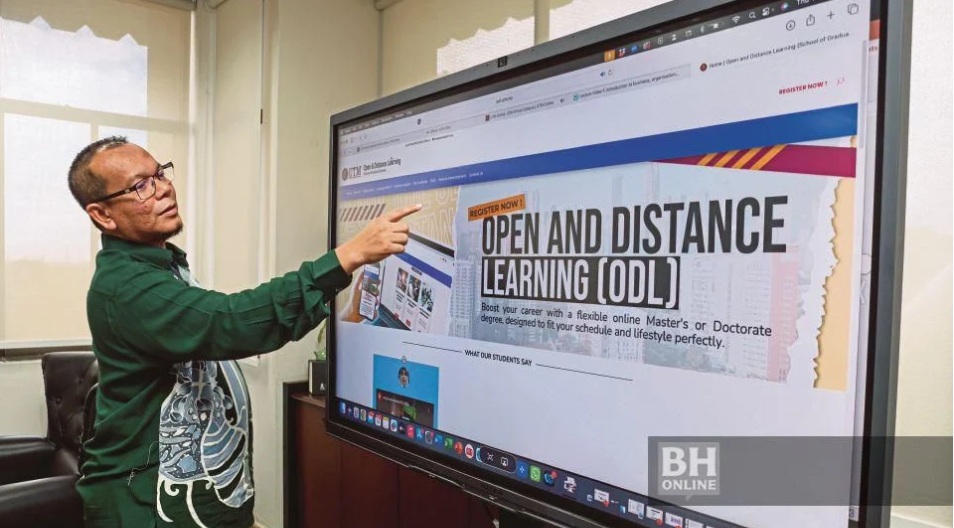|
|
|
|
|
|
a) APEL.A (Access) iaitu bagi tujuan Akses/Kemasukan ke Program Pengajian Tinggi. APEL.A memberi peluang kepada individu yang mempunyai pengalaman kerja tetapi kurang kelayakan atau tiada kelayakan akademik untuk menyambung pengajian di Institusi Pengajian Tinggi (IPT). Penilaian APEL.A melibatkan penilaian terhadap ilmu yang diperoleh oleh individu menerusi pendidikan formal mahupun menerusi pengalaman terdahulu.
|
|
|
b) APEL.C (Credit Award) iaitu bagi tujuan penganugerahan kredit. Menerusi APEL.C, individu yang telah ditawarkan untuk melanjutkan pengajian di IPT dibenarkan memohon pemindahan kredit pembelajaran berasaskan pengalaman terdahulu termasuk pembelajaran yang diperoleh melalui pengalaman kerja, pengalaman hidup atau himpunan kursus pendek bagi tujuan mendapat pindahan kredit untuk kursus dalam program akademik di IPT berkenaan. Pindahan kredit maksimum yang dibenarkan adalah sebanyak 30%.
|
|
|
c) APEL.Q (Academic Qualification) iaitu bagi tujuan penganugerahan kelayakan akademik. Ianya merupakan kaedah penilaian ilmu yg diperoleh daripada pendidikan formal, pengalaman kerja, pengalaman hidup atau/dan himpunan kursus pendek bagi tujuan mendapatkan kelayakan program akademik oleh Pemberi Pendidikan Tinggi (PPT).
|
|
|
|
a) mengiktiraf pembelajaran yang diperoleh daripada pengalaman kerjaya dan kursus pendek yang diikuti; b) mengurangkan pembelajaran berulang kepada pelajar; c) menggalakkan kemasukan individu berpengalaman ke program pendidikan tinggi; dan d) mengurangkan kos dan masa untuk menamatkan pengajian. |
|
a) mempertingkat imej UPM sebagai sebuah universiti awam yang menyokong dasar PSH; b) menarik lebih ramai calon untuk memohon mengikuti pengajian di UPM; dan c) memperkaya pengalaman kehidupan dan pembelajaran pelajar di kampus melalui interaksi bersama pelajar dewasa. |
|































